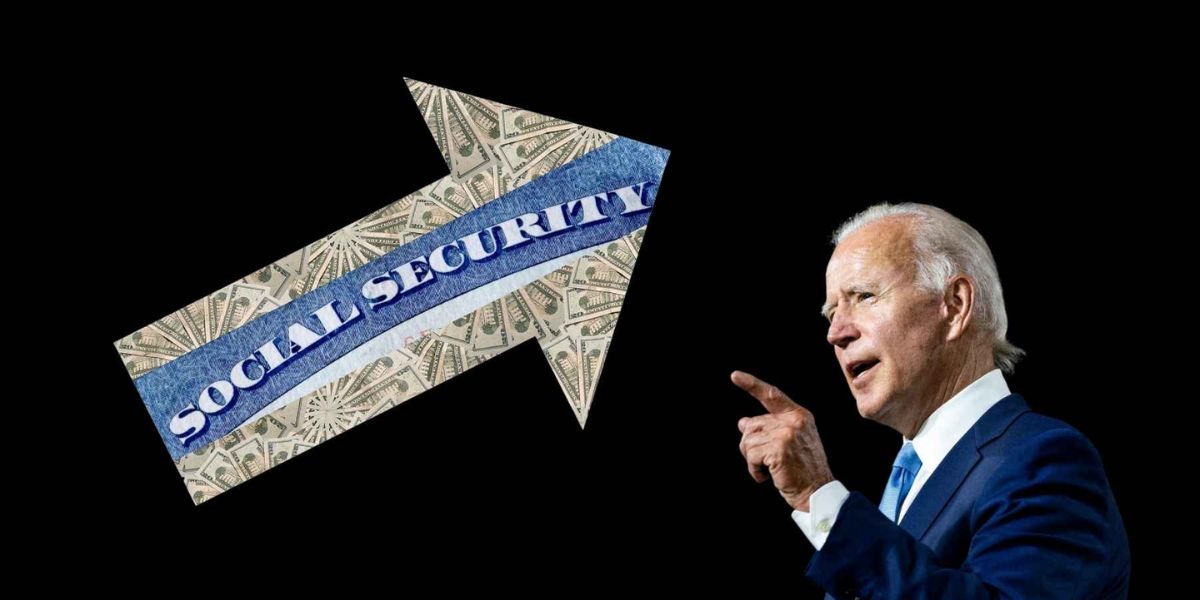In a rare show of bipartisan agreement, the U.S. Senate has unanimously approved the “No Tax on Tips Act,” a sweeping piece of legislation aimed at providing significant tax relief to millions of American workers in tip-based industries. The bill passed with a 100-0 vote on Tuesday, advancing a key element of former President Donald Trump’s economic agenda and marking a potential turning point for wage earners in the service sector.
The legislation now moves to the House of Representatives, where it is expected to receive broad support from both parties. If signed into law, the act would be among the most extensive federal tax relief measures ever introduced for hourly and service industry workers.
What the Bill Does: Tax Relief for Tipped Workers
At the heart of the “No Tax on Tips Act” is a provision that would allow workers in tipped professions to deduct 100% of their reported tips from their federal income taxes. The tax exemption applies to all tips—whether given in cash, via card, or by check—and covers both employees and independent contractors.
This means waitstaff, bartenders, delivery drivers, hotel staff, and a wide range of other workers in traditionally tip-dependent roles could see a notable increase in their take-home pay. According to the bill, only those earning under $160,000 in 2025 would qualify for the benefit, with the policy set to remain in effect through 2028.
Expanding the Benefits: Payroll Tax Credits for Employers
The legislation doesn’t just focus on employees. Employers in the beauty and personal care industries—such as hair salons, spas, and nail parlors—would also benefit from an expansion of the existing payroll tax credit that currently applies to food and beverage businesses. This extension is designed to encourage tip reporting and lighten the tax burden on small business owners in service-heavy sectors.
The Treasury Department will be tasked with finalizing the list of qualifying occupations, which could broaden the measure’s impact even further as other tip-based roles are considered.
Bipartisan Support Reflects Political Shift Toward Working-Class Relief
The bill was introduced in January by Senator Ted Cruz (R-Texas), who emphasized that the initiative delivers on a promise made by President Trump to eliminate taxes on tips. “This legislation will have a lasting impact on millions of Americans by protecting the hard-earned dollars of blue-collar workers, the very people who are living paycheck-to-paycheck,” Cruz said following the Senate vote.
Joining Cruz in sponsorship were Democratic Senators Jacky Rosen and Catherine Cortez Masto, both of Nevada—a state whose economy relies heavily on tourism and tipping. Senate Minority Leader Chuck Schumer (D-New York) also voiced strong support, highlighting the measure as part of a broader effort to support the working class. “Working Americans—servers, bartenders, delivery drivers—are the ones who deserve tax relief, not the ultra-rich,” Schumer noted.
Next Steps: House Vote and Economic Implications
While the Senate passage marks a major milestone, the bill still needs approval from the House of Representatives before heading to President Trump’s desk. Given the strong bipartisan support seen in the Senate, expectations are high that the legislation will move swiftly through the House.
If enacted, the law could have ripple effects across the labor market. Businesses in hospitality, personal care, and food services may see a hiring boost, while payroll systems will need to adjust to new tax reporting procedures. Economists suggest the added take-home income could also stimulate consumer spending, particularly in lower-income households.
A New Chapter for Tipped Workers
For millions of Americans who rely on tips to make ends meet, the “No Tax on Tips Act” could mark a significant financial reprieve. With momentum growing and support crossing party lines, the bill’s passage signals a rare but powerful consensus: that those earning every dollar through service deserve meaningful tax relief.
As the measure moves to the House, workers and employers alike are watching closely—hopeful that a new era of tax policy for the service economy is within reach.
“This article was written by Mathew Owen. AI tools were used lightly for grammar and formatting, but the ideas, words, and edits are all mine.”


 by
by 

